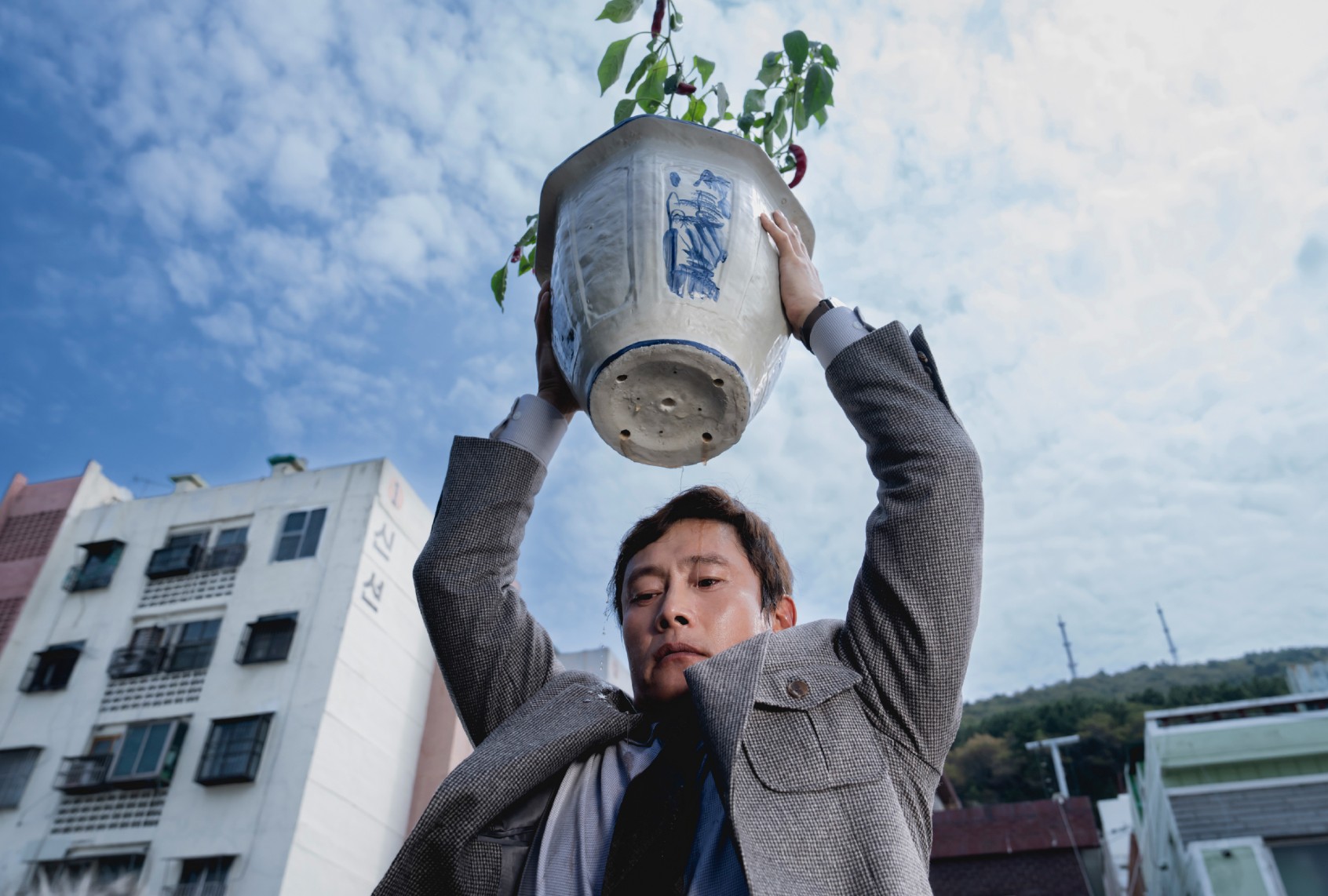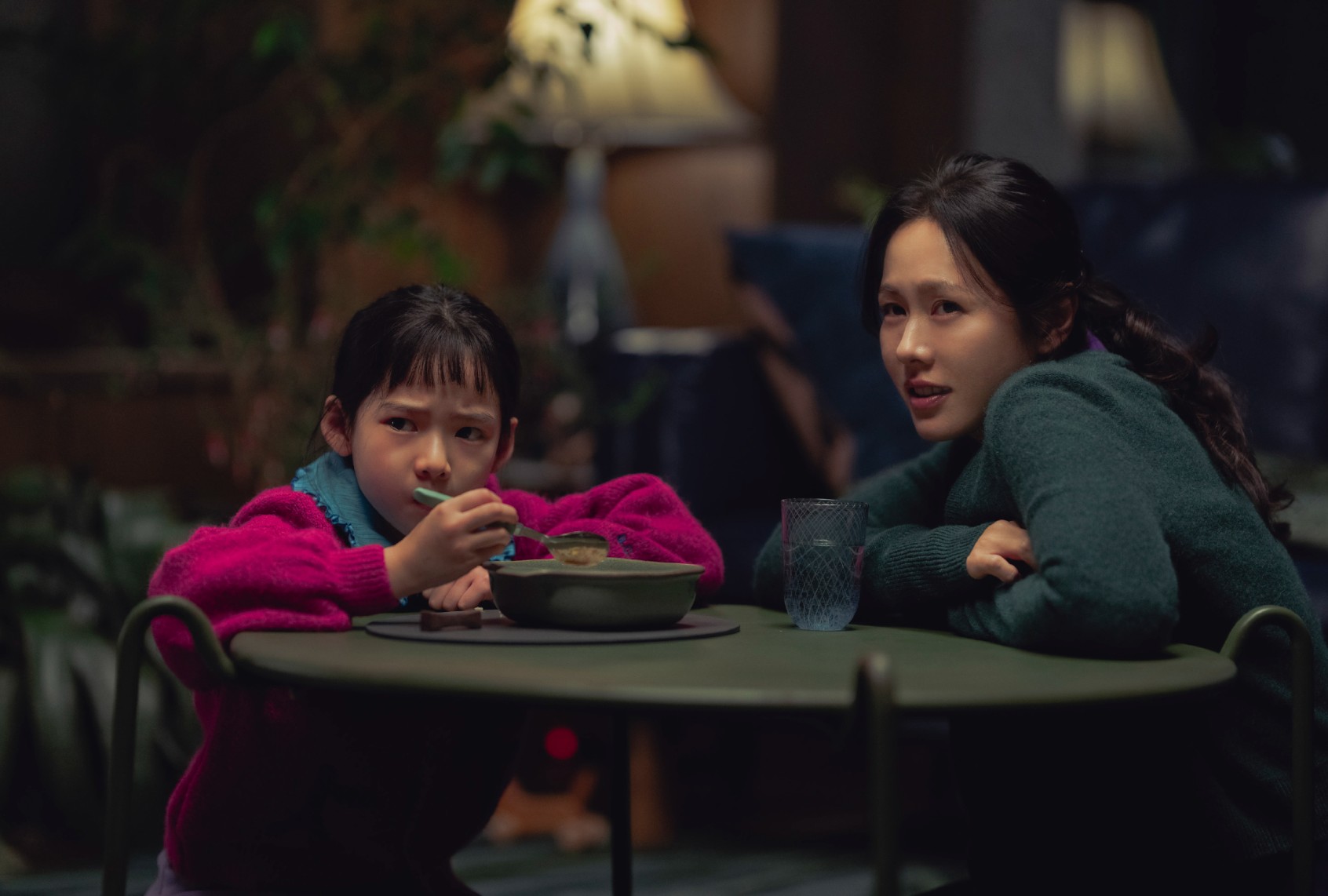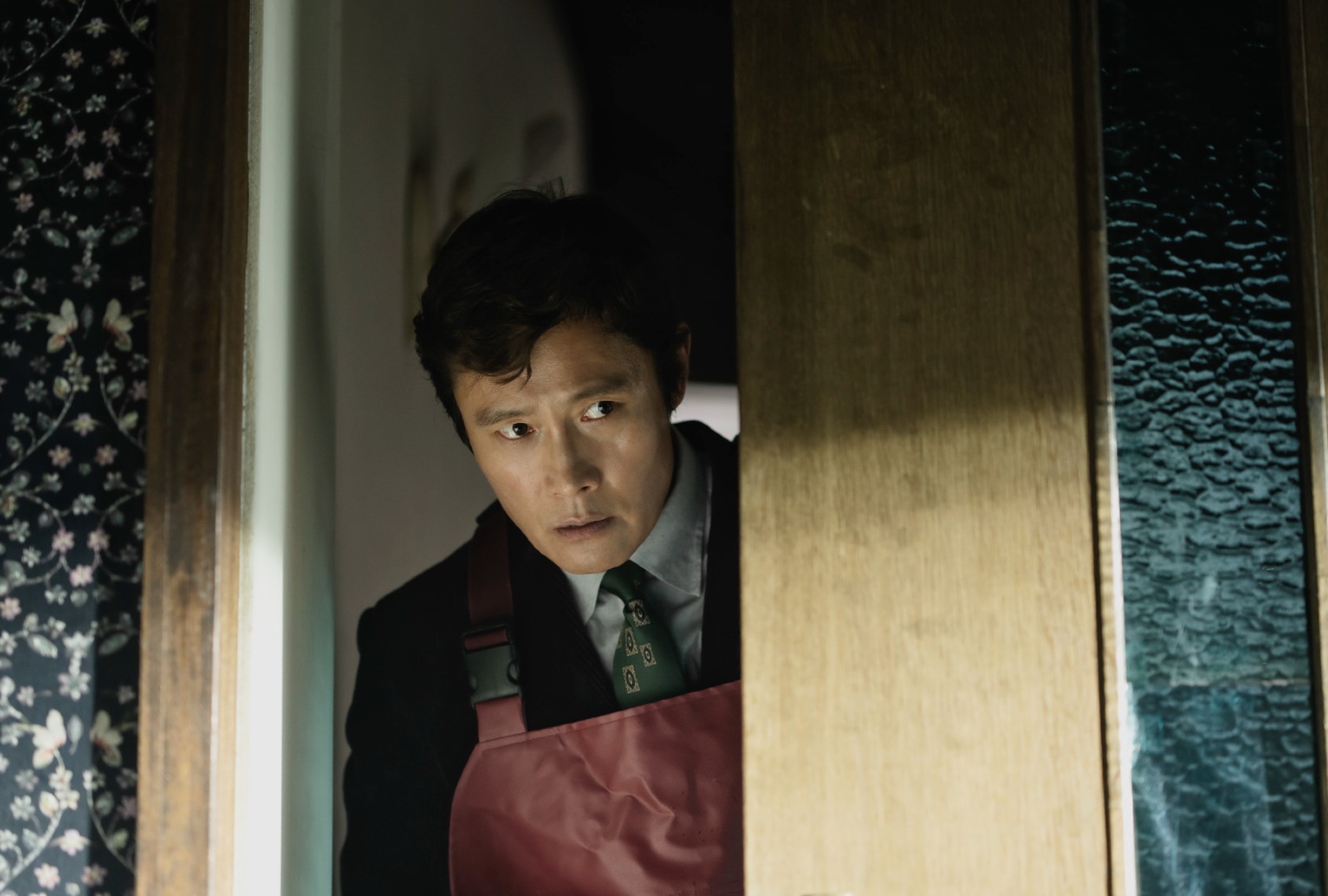Of all the disturbing trends I’ve been made unwitting witness to in the hyper-technological age, cheering for someone’s unemployment stands out as one of the most grotesquely cruel. In journalism, I see it all the time. Layoffs and corporate redundancies have long been a common occurrence in this industry’s modern era, and it seems everyone I know has one eye on the ax that swings around us like a boomerang at all times. And because most journalists don’t have the privilege of having their work read without a digital footprint, they’re often required to post about losing their jobs online, if only to attract potential new employers and curious editors. These posts always attract the worst kinds of bottom-feeders, usually ready to celebrate someone’s layoff because that journalist worked for a publication that didn’t align with a certain political view, even if the journalist wasn’t a politics writer. The loss of health insurance, the scramble to cover bills, the long-term worry about sustaining a life for yourself and your loved ones; none of that matters to people whose compassion became a blip in the rearview mirror long ago.
Yet, with how much time these commenters seem to have to seek out unemployment announcements, one has to surmise that internet trolls aren’t exactly the most gainfully employed members of society themselves. And while it’s giving them far too much credit, I have to wonder if there’s a ruthless, viciously humorous kind of satisfaction in watching two people become equals on the treacherous battlefield of unemployment. Jobless inertia and financial strife breed a cruelty that isn’t dissimilar from the cold strike of an employer maintaining their bottom line, cutting 100 workers with the same callousness that they’d cut 1,000. With new data that layoffs are at their highest rate since 2020, it’s no wonder everyone’s tense.

(Neon) “No Other Choice”
Park plays with Man-su’s crippling pride, which keeps him mopey and unwilling to consider part-time work. Being fired is part of the problem, sure. But to navigate that forest and find a clear solution, one must slash through their hubris with the same nonchalance as an employer slashing you from their payroll.
In his latest film, “No Other Choice,” screening at this year’s New York Film Festival before hitting theaters this Christmas, South Korean auteur Park Chan-wook peers into the gaping wound left by a corporation’s knife, examining how quickly we unravel when our lives are upended by sudden unemployment. Park handles this dark subject with all the delicacy of a whoopee cushion, aiming for outsized, slapstick laughs that will appeal to both Korean and international audiences. But though the hell of unemployment is universal, Park’s violent vision understands that it’s also eternal — in this case, so commonplace it could be its own anti-workplace comedy. Even in industries with unions and automation safeguards, the disparity between employers and employees only grows more vast, and there are far fewer jobs than people who are looking for work. The traditional hiring channels are broken, and the employment pipeline is knotted. It’s only a matter of time before somebody grabs the ax to use on someone else before their own blood has dried from its blade.
Adapted from Donald E. Westlake’s 1997 novel, appropriately titled “The Ax,” Park’s film immediately acknowledges that the madcap journey viewers are about to see is cyclical, not special. None of us is exempt from being pushed to our limits by capitalism’s heartlessness. Even when we think things are going exceptionally well and our spirits are drenched in warm summer sunlight, here comes autumn to remind us that there are some endings we have no control over. That’s the case for You Man-su (Lee Byung-hun), who’s quite literally brimming with gainful employment at the opening of the movie. Man-su is grilling up a late-summer dinner for his family: expensive eel, a thank-you gift for his “years of hard work and dedication” to the paper manufacturing company he works for. Man-su smiles at the first crisp breeze and a few leaves that fall at his feet, welcoming the start of fall and a new era at work, where he’s being treated with the respect and recognition he deserves. That is, until the next week, when he finds out that the eel was a parting gift to cushion the blow for workers deemed redundant by his company’s new owners. Few things better represent life’s varied ephemeralities than being excited about fall foliage’s exploding colors, just before the leaves die and become the primary ingredient in wintry, brown sidewalk sludge.

(Neon) “No Other Choice”
After his unceremonious firing, Man-su is utterly lost. He and his family — including his loving wife Miri (Son Ye-jin), along with Miri’s teenage son from another marriage and their daughter, a cello-playing wunderkind — have become accustomed to a certain way of life. Although they live within their means, Man-su’s termination jettisons the You family from their tax bracket and thrusts its patriarch down a rabbit hole of shame and emasculation. Park skillfully paints a portrait of the modern nuclear family, posing questions about why our culture is still so tied to the antiquated idea that men must be the breadwinners, and how increasing unemployment rates and decreasing hiring rates fit into that ball of neuroses. At any one time, “No Other Choice” is deftly balancing two related ideas. The first is that Man-su wants to provide for his family, and that the shock of losing his job — and perhaps more importantly, his desperation to maintain his lifestyle — is, to a degree, warranted. The second and arguably more interesting notion Park plays with is Man-su’s crippling pride, which keeps him mopey and unwilling to consider part-time work. Being fired is part of the problem, sure. But to navigate that forest and find a clear solution, one must slash through their hubris with the same nonchalance as an employer slashing you from their payroll.
Start your day with essential news from Salon.
Sign up for our free morning newsletter, Crash Course.
Rather than crush his ego, Man-su aims to crush his competition. As manufacturing-based industries automate the production of things like paper products, there are far fewer jobs available, making each one highly competitive. Even if Man-su is the right person for the job, there’s no guarantee that he won’t be thwarted by an opponent’s advantages — or, in the case of one major interview, an unfortunate, blinding glare making him unable to focus on the interviewer’s questions. It seems everyone’s playing the game better than he is, and after months of toiling in unemployment hell, Man-su devises a plan to get rid of his competition by killing off the most appealing candidates.
Park’s graphic elegance may be at odds with the awkward, idle indignities depicted onscreen, but the discrepancy between the two generates an edge-of-your-seat tension. What will happen next, and how will it look? During a prolonged period of unemployment, those two questions are constant.
Once Park has his conceit in place, he has great fun batting Man-su around like a cat with their toy mouse. This is a character in flux, someone whose illusions of fairness and merit have been shattered by corporate scheming. Begging to work is a humiliating, not to mention deeply unnatural, state. Yet, it’s also the mindset many companies expect their employees to adopt, where the scales tip far more toward work than life. Employed or unemployed, burnout is inevitable. Living that way would drive anyone to the brink.
But finding yourself in a bind necessitates clever solutions, and Park’s already dark comedy turns jet-black as the director reveals that stress can beget new talents. With breathtaking visual assurance, Park sprinkles his filmmaking signatures throughout “No Other Choice” in delightful, unexpected places, finding thrilling ways to make farce feel stylish again, even if his comedy is depressingly relevant for our current moment. Park’s graphic elegance may be at odds with the awkward, idle indignities depicted onscreen, but the discrepancy between the two generates an edge-of-your-seat tension. What will happen next, and how will it look? During a prolonged period of unemployment, those two questions are constant.
With so much time spent clawing at his imagined future, Man-su loses sight of the company man title from his past. Though initially aghast at his new owners’ plans to automate factory production, Man-su forgets all about the value of his fellow workers, killing them for the mere chance to regain his corporate footing. While Man-su’s turn is homicidal, Park astutely considers whether his loss of collective support for other workers isn’t an even bigger moral failing. Losing your job might be demeaning, but losing your integrity for the shot at a job is dehumanizing. But that’s just where we’ve found ourselves. Westlake’s novel was partially inspired by the Great Depression, yet felt disturbingly relevant even in the late ’90s. Thirty-odd years later, the cycle is repeating, with even bleaker results. On paper, a world where one kills to work sounds like a dismal dystopian thriller. But in Park’s capable hands, it may as well be a sitcom on network TV’s final lineup.
Read more
about Park Chan-wook’s studies of human nature


